Four new industry partnerships aim to develop transformational technologies

From improving the sound quality of digital musical instruments to advances in materials engineering that will offer clean, adaptable and affordable energy solutions, the Royal Academy of Engineering has announced four new joint industry–academia research partnerships that will tackle some complex engineering challenges.
The magnetic resonator piano is an augmented acoustic grand piano which uses electromagnets to induce vibrations in the strings of a grand piano, producing a rich new sound world including infinite sustain, crescendos from silence, pitch bends, harmonics and new timbres. Image courtesy of Dr Andrew McPherson
Focusing on industry-relevant research across the full range of engineering disciplines, the Academy’s Research Chairs and Senior Research Fellowships enhance the links between academia and businesses with each of the prestigious five-year positions co-sponsored by an industrial partner. Each awardee will establish a world-leading research group in their field of engineering.
Commenting on the appointment of the three new Research Chairs and two Senior Research Fellows, Professor Karen Holford FREng CBE FLSW, Deputy Vice-Chancellor at Cardiff University and Chair of the Academy’s Research Committee, says: “Every year I find myself amazed and encouraged by the ingenuity and engineering excellence shown by our awardees and the sheer range of challenges that they are helping to address to improve so many aspects of our daily lives. Fostering collaboration between expert engineering researchers and industry is something to which the Academy has always been committed and the internationally renowned centres of research excellence developed over the past 20 years of this scheme are testimony to its importance for UK engineering research and innovation.”
The Senior Research Fellowships and Research Chairs appointed are as follows:
Senior Research Fellows
Dr Andrew McPherson, Queen Mary University of London
Bela / Royal Academy of Engineering Senior Research Fellow in Embedded Music Computing
This fellowship aims to develop a new generation of digital musical instruments whose richness and subtlety match the best acoustic instruments, making them suitable for expert and novice performers alike. Despite steady advances in computational modelling of acoustic instrument sounds, digital instruments still lag far behind their traditional counterparts in the nuance of interaction.
In collaboration with a consortium of three industrial partners—Augmented Instruments Ltd, the BeagleBoard Foundation and Texas Instruments—Dr McPherson will develop high-performance computing tools for working with sensors and audio that can be integrated into new instruments. This cross-disciplinary project incorporates electronic engineering, human–computer interaction and arts practice and aims to make computing accessible to creators without a specialist technical background.
Dr McPherson says: “We’ve only begun to scratch the surface of the kinds of musical instruments that are possible with the latest embedded hardware systems. I’m excited about making rich new creative tools which not only support new kinds of music-making but can also teach us more about human cognition and human–computer interaction.”
Research Chairs
Professor Joseph Robson, University of Manchester
DSTL / Royal Academy of Engineering Research Chair in Alloys for Extreme Environments
Professor Robson’s research is on resilient alloys for defence applications in extreme environments. These high-performance metal alloys must withstand impacts from projectiles travelling at over 2km/s and function in both hot and cold temperatures and in highly corrosive environments, maintaining their effectiveness over lifetimes that can exceed 50 years. The traditional method of developing alloys for defence involves trial and error experiments, coupled with full-scale tests, that can take decades to perform and incur multi-million-pound costs. A different approach is needed, based on metallurgical understanding, digital simulation and rapid low-cost testing.
This award will support the development of advanced computer modelling techniques and rapid testing methods to design new materials that will also be of value beyond the defence sector for products such as lightweight energy-efficient cars and aircraft.
Professor Robson says: “DSTL have world-leading capability in modelling of materials performance in defence applications. The opportunity to work together to integrate alloy and component design will enable a new holistic approach that offers better performance, lower development times, and reduced cost. This integrated design approach will have impact beyond defence in sectors such as energy efficient transport.”
Professor Tom Scott, University of Bristol
UKAEA / Royal Academy of Engineering Research Chair in Advancing the Fusion Energy Fuel Cycle
Professor Scott’s research focuses on tritium – the gaseous radioactive fuel component for fusion energy. This project aims to advance, develop and deploy technologies for breeding, handling, separation and safe storage of tritium. Working in partnership with the UK Atomic Energy Authority (UKAEA), Professor Scott aims to establish the UK as an international leader in tritium fuel cycle technologies.
This award coincides with the initial phases of UKAEA’s Spherical Tokamak for Energy Production (STEP) programme; an internationally significant endeavour to design and build the world’s first fusion power station by 2040. The development of a well-established fuel cycle is a critical step towards this goal.
Professor Scott says: “Being involved with the STEP, via this award, is a hugely exciting prospect for myself, for the University of Bristol and also the Royal Academy of Engineering. The realisation of fusion energy will be truly transformational for the world.”
Professor Stephen Skinner, Imperial College London
Ceres Power Ltd / Royal Academy of Engineering Research Chair in Electrochemical Devices for a Zero Carbon Economy
Professor Skinner is committed to developing solid oxide cells that convert fuel to electricity and in reverse operation can produce clean hydrogen. These devices are some of the most efficient energy conversion processes and will be a vital part of a net zero future. The development of low-carbon and zero carbon energy technologies is of vital importance and underpins our drive towards a sustainable world. New advances in materials engineering can offer clean, affordable solutions to serve both developed and developing economies. Solid oxide cells will provide solutions that can be adapted to portable power, stationary applications and transport. They will also provide routes to produce the lowest cost green hydrogen as part of an integrated energy infrastructure. This collaboration aims to build an enduring partnership that will accelerate the deployment of new discoveries in the energy technology space.
Professor Skinner says: “Lowering carbon emissions to net zero by 2050 is an ambitious target to reduce our environmental impact – developing this technology will make a direct contribution to achieving this ambition, through use of solid oxide cells in a wide range of energy applications, from domestic heating and transport to data centres, and hydrogen production, enabled by the flexibility of the device output.”
Notes for Editors
1. Research Chairs and Senior Research Fellowships aim to strengthen the links between industry and academia by supporting exceptional academics in UK universities to undertake use-inspired research that meets the needs of the industrial partners. Awardees are expected to:
- Establish or enhance a world leading engineering research group
- Deliver ‘use-inspired’ research that meets the needs of their industrial partners
- Disseminate the outcomes of their research for appropriate academic impact
- Become a self-sustaining research group by the end of the award (by securing substantial external grant income: RCUK, EU, industry, charities, etc.)
2. The Royal Academy of Engineering is harnessing the power of engineering to build a sustainable society and an inclusive economy that works for everyone. In collaboration with our Fellows and partners, we’re growing talent and developing skills for the future, driving innovation and building global partnerships, and influencing policy and engaging the public. Together we’re working to tackle the greatest challenges of our age.
Media enquiries to: Pippa Cox at the Royal Academy of Engineering Tel. +44 207 766 0745; email: [email protected]


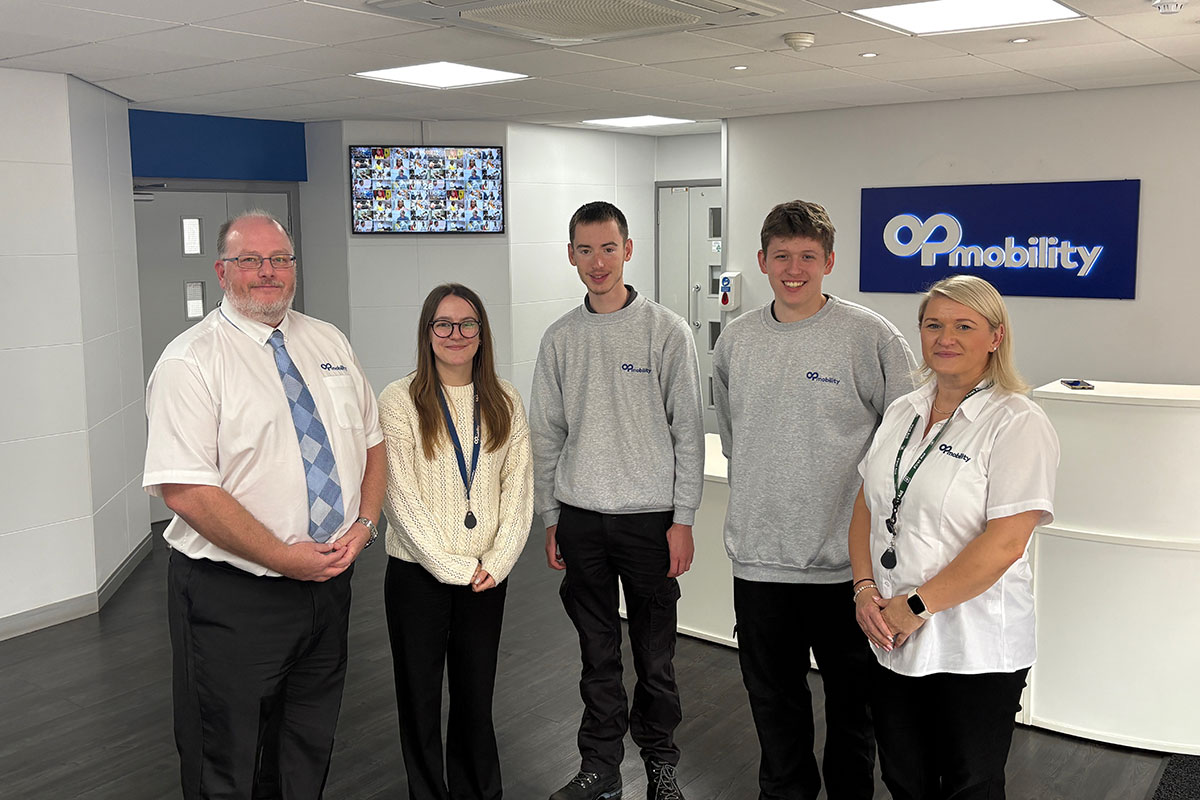
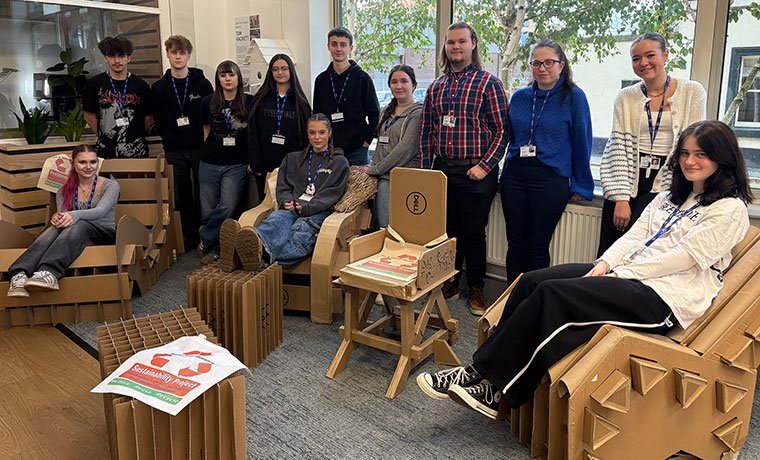
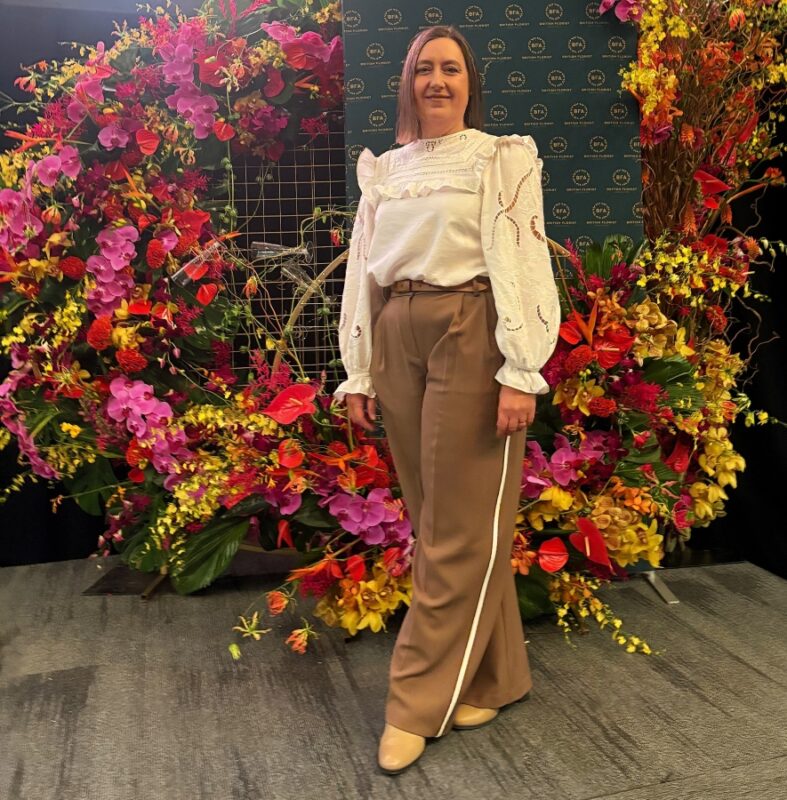

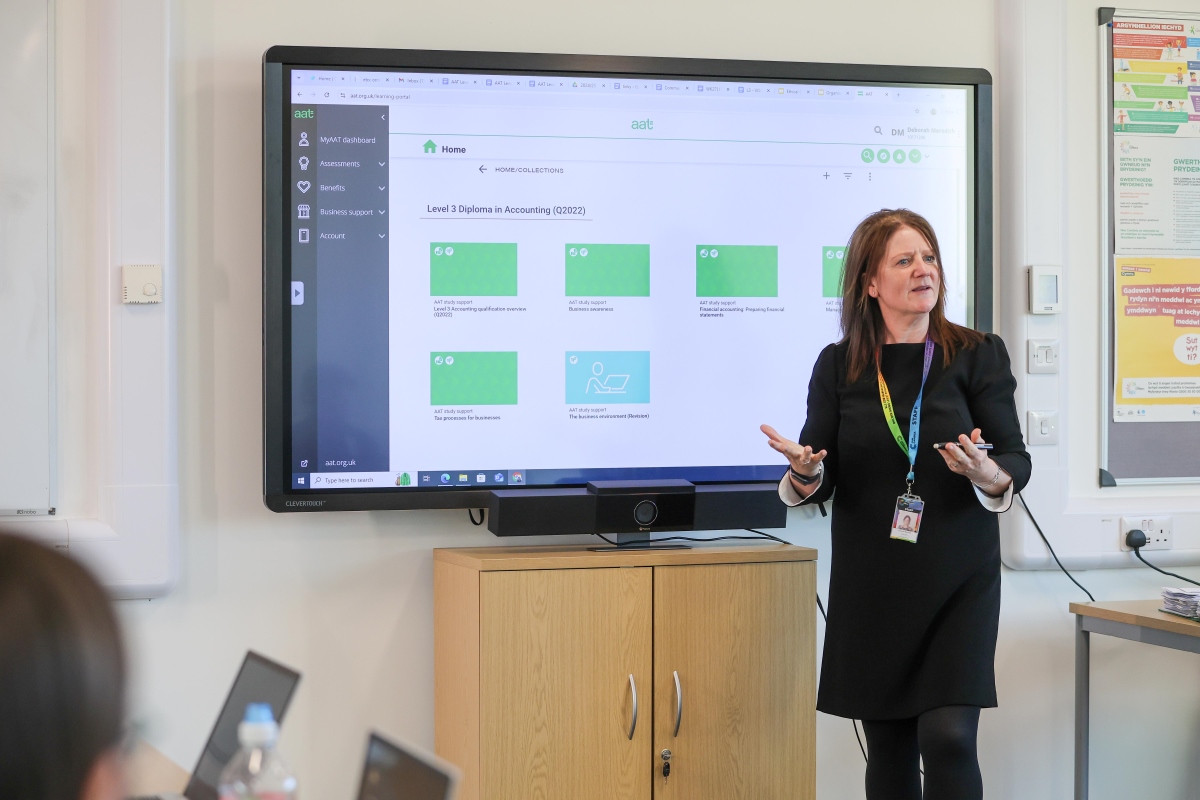
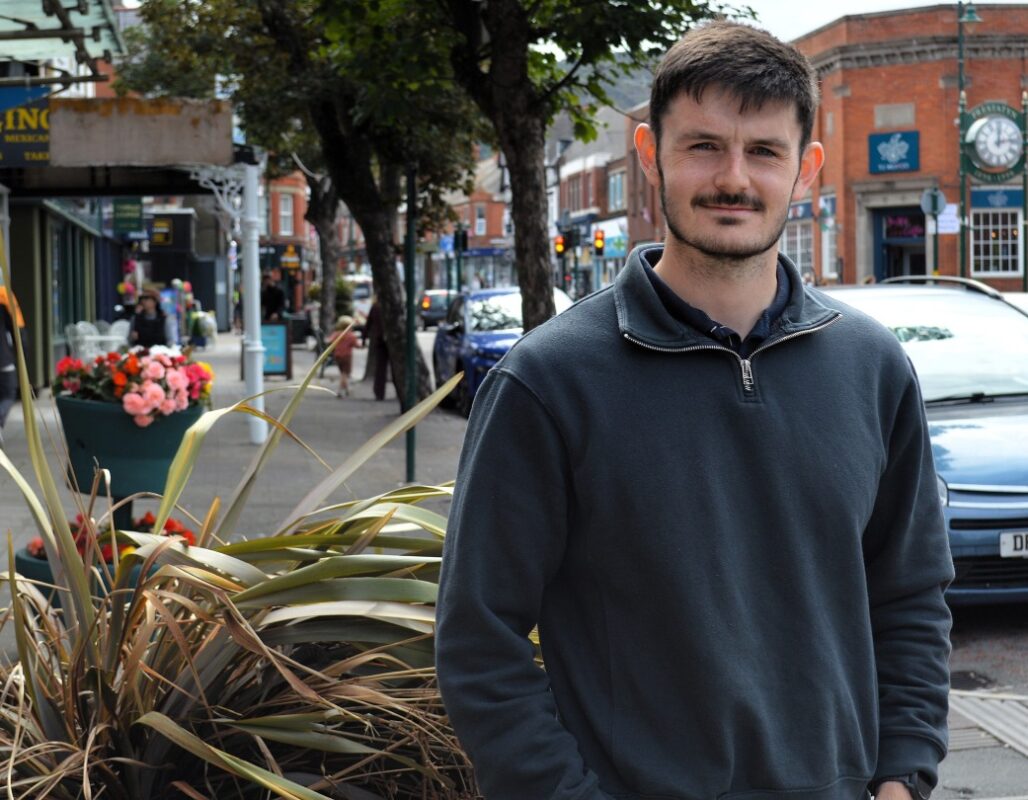
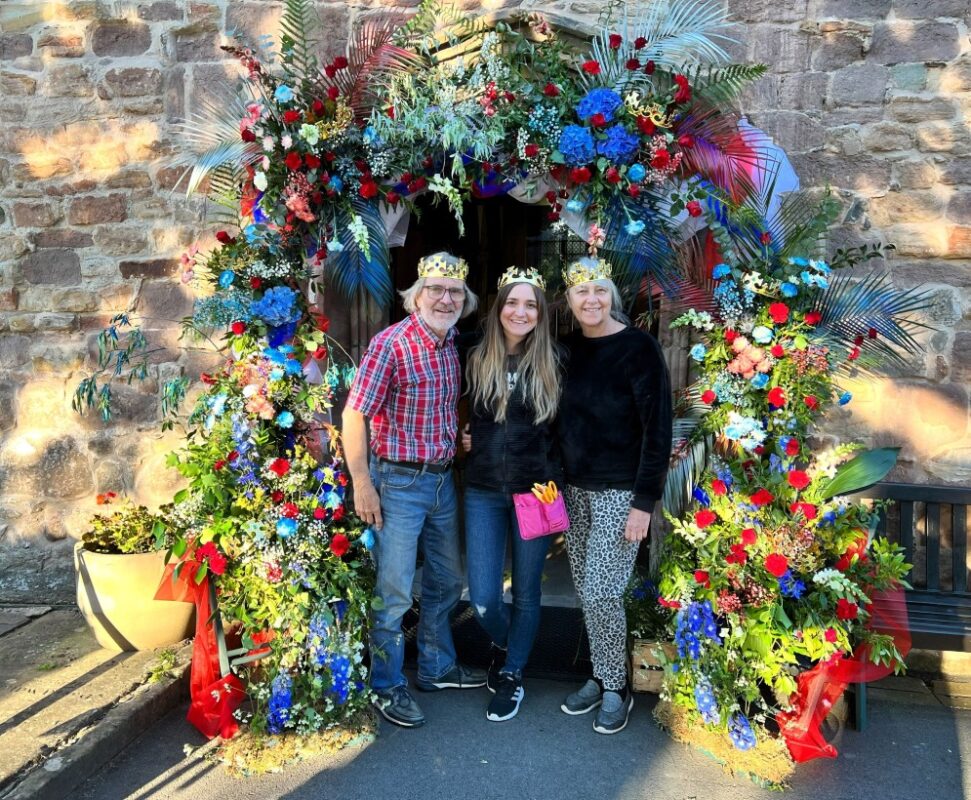
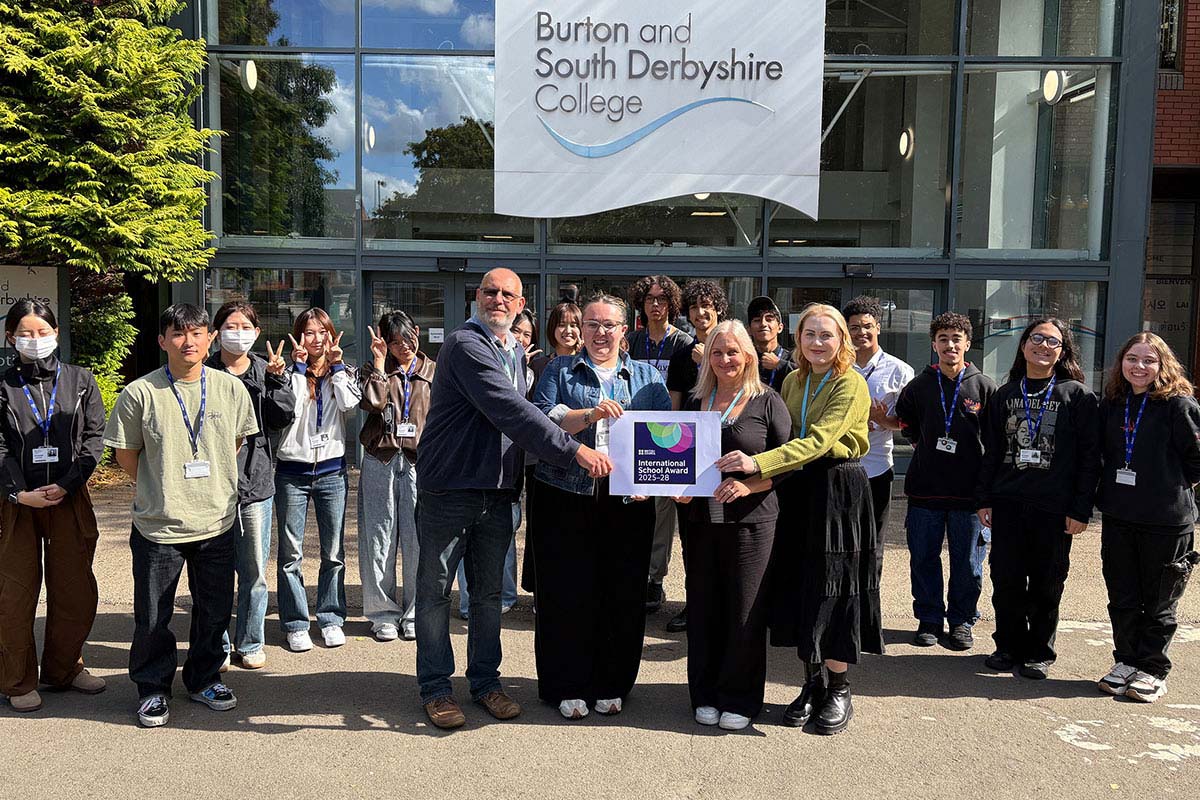
Responses